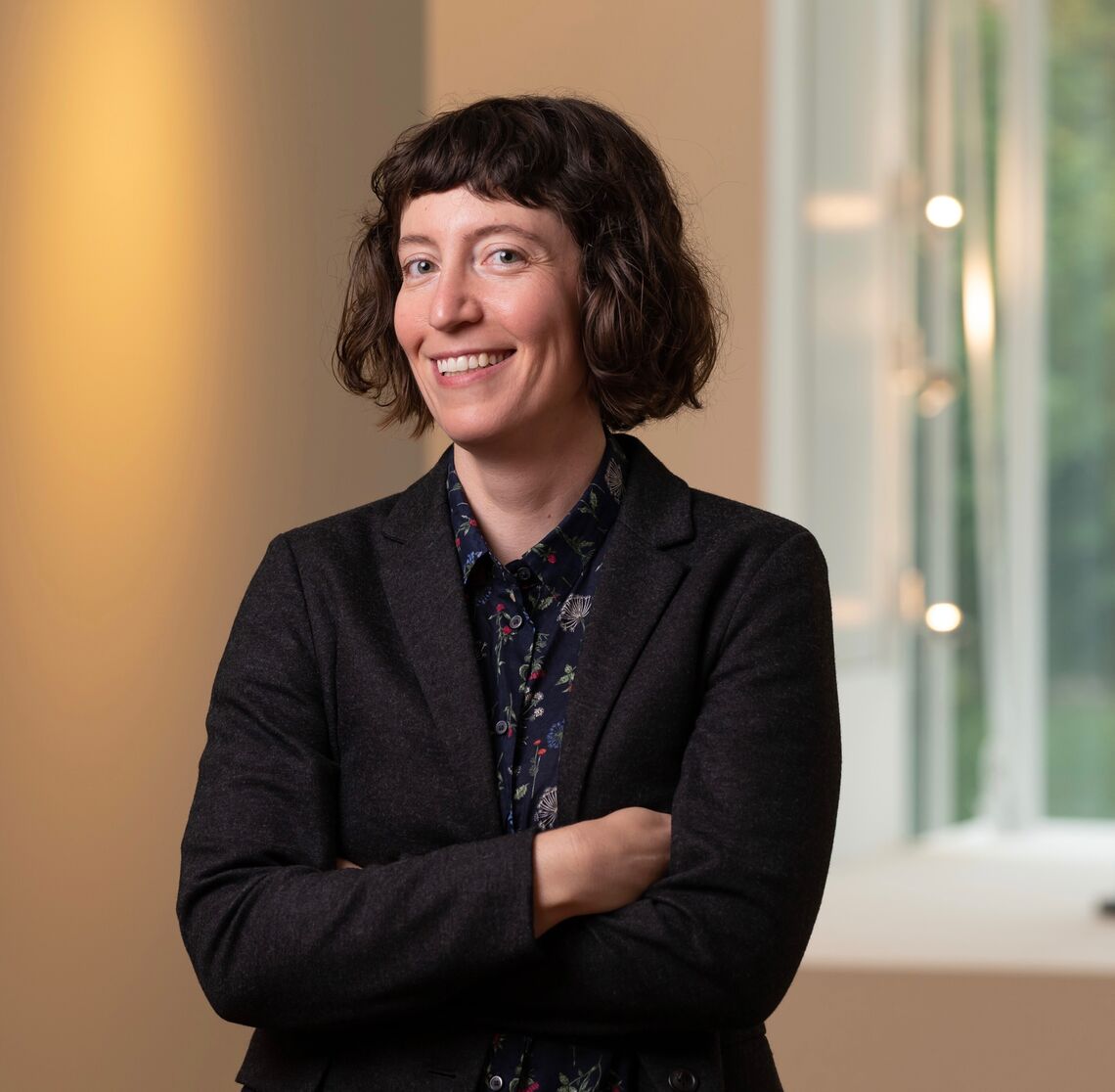Isabel Gabel is a historian of science, medicine, and political thought. Her work explores how the modern life sciences created spaces of uncertainty and irresolvability which in turn reshaped the epistemological foundations of liberalism in the twentieth century. At SIFK she is working on a history of complexity, tentatively entitled At the Edges of Chaos: Complexity Theory between Science and Governance. Bringing together histories of molecular biology, cybernetics, and big data, the project explores the rise of complexity science in Europe and the United States after 1970. It charts complexity’s transformation from a mathematical approach to chaos and nonlinearity, to a set of new methods for theorizing and managing the neoliberal state in fields such as urban studies and finance. Isabel is also in the process of completing her first book, Experiments in History: French Biology and the Fate of Liberal Universalism, about the role of biology in the emergence of poststructuralism and liberal historicism after the Second World War. Isabel’s publications have appeared in journals including History of the Human Sciences and Revue d’histoire des sciences. She received her PhD from Columbia University and was most recently an ELSI Postdoctoral Fellow at the University of Pennsylvania’s Perelman School of Medicine.
You can visit her personal website to learn more: https://isabelgabel.com/.
